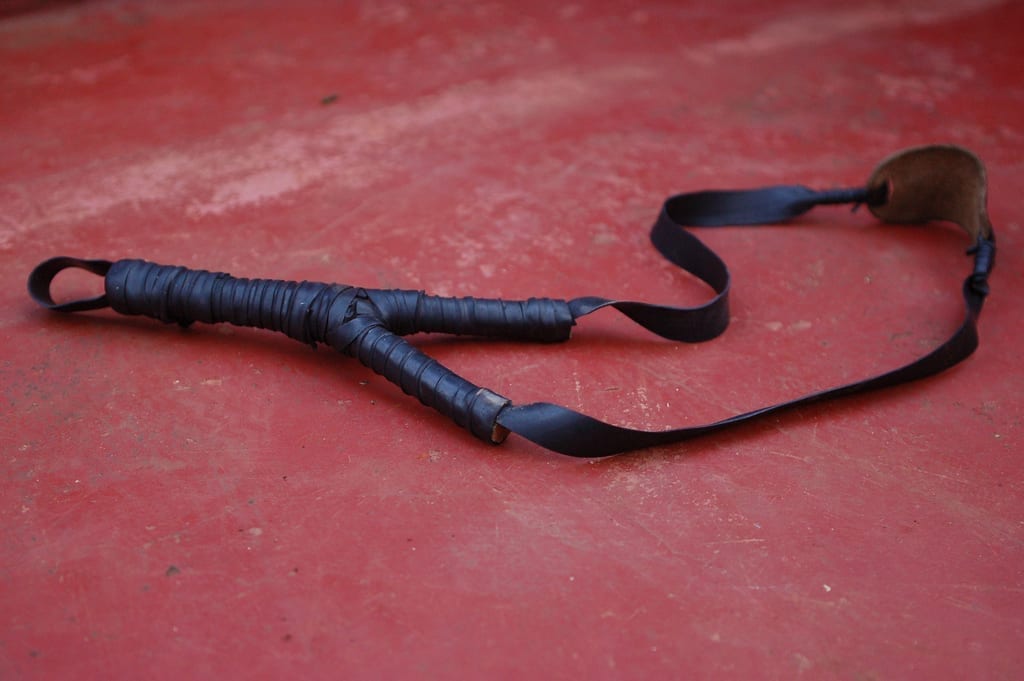In November of 2017, the families of the Sandy Hook school shooting victims appealed to the Connecticut Supreme Court after having their initial lawsuit against firearm manufacturer, Remington Arms, thrown out in 2016.
In November of 2017, the families of the Sandy Hook school shooting victims appealed to the Connecticut Supreme Court after having their initial lawsuit against firearm manufacturer, Remington Arms, thrown out in 2016.
The appeal afforded them and their lawyers the opportunity to reiterate why they feel that gun companies should be held accountable for the mass shooting perpetrated by 20-year old madman Adam Lanza.
In October of the previous year, a Connecticut judge had dismissed the suit against Remington, insisting that Remington Arms had “broad immunity” under federal law. Judge Bellis was referring to the 2005 Protection of Lawful Commerce in Arms Act which safeguards gun companies against being sued over illegal misuse of their product.
The judge’s ruling struck quite a blow to the plaintiff families whose descendants were among the 26 small children and adults killed in the brutal elementary school assault. But their lawyers vowed to appeal the decision and they kept their word.
The November appeal argued that the Bushmaster rifle used in the attack had no reasonable civilian purpose. However, defense attorney James Vogts disagreed, citing its popularity as a recreational firearm for hunting, target practice and home defense.
While the law does not allow lawsuits to be brought against gun makers whose weapons function “as designed and intended,” lawyers for the plaintiff families pointed to a loophole in the 2005 law that permits suits against companies that know or should be expected to know that their wares are likely to be used “in a manner involving unreasonable risk of physical injury to the person or others.”
This “negligent entrustment” claim has been argued before, usually in cases involving unlicensed or reckless drivers who cause injuries to others while driving another person’s vehicle.
The Sandy Hook suit relies heavily on the 1977 case, Moning v. Alfono, wherein the Supreme Court of Michigan reversed lower court decisions in a suit against a company that produced high-velocity slingshots. The lower courts found no liability or duty owed on the part of the manufacturer. The case revolved around an 11-year old boy who used one of the slingshots to fire a pellet, which then ricocheted and hit his friend in the eye.
The correlation was tenuous at best as the case in question was only successful because the court ruled that the company knowingly marketed their slingshots to young children. By comparison, Remington Arms has minimal visibility when it comes to advertising and has no track record of marketing their firearms to teens.

That didn’t stop Josh Koskoff, one of the Sandy Hook families’ attorneys, from alleging that Remington markets their Bushmaster XM15-E2S directly to people like Adam Lanza. No evidence of this was presented in court save for Koskoff’s assertion that Lanza idolized the military and Remington marketed its AR-15s as the weapon of choice for the Army Rangers.
Vogts, the attorney representing Remington Arms, refuted this, saying, “The plaintiffs haven’t explained how advertisements fit into the issue of negligent entrustment. There is no case law on advertising being declared a cause of death.”
He once again insisted that the law was clear on the matter. “No matter how tragic,” he said. “No matter how much we wish those children and their teachers were not lost and their families had not suffered, the law needs to be applied.”
Ian Hockley, a parent of one of the victims, said, “They [Remington] could not care less what happens to their guns once the cash is in the bank, showing an utter disregard for the lives this weapon takes and the families it destroys.”
It’s not the first time that the Remington name has been dragged through the mud. Indeed, it wasn’t even the first time that they found themselves under fire in November of 2017. Earlier in the month, they had made the news for failing to fix defective triggers that multiple litigants linked to at least 24 deaths.
Back in 2013, Connecticut Governor Malloy signed a comprehensive gun control bill that expanded the scope of the state’s assault weapon ban. However, the law is opaque where methods of purchasing a firearm are concerned.
While Connecticut residents have limitations imposed on them where buying assault rifles is concerned, the legality of purchasing them online remains vague. Some of the most popular AR-15 rifles are widely available online and some web-based vendors even offer monthly giveaways.
Under the current state law, weapons that were lawfully owned before the law’s enactment are grandfathered. The Bushmaster AR-15 used by Adam Lanza would have been one of the guns grandfathered as it was purchased in 2011 at a local gun shop that lost its license six days after the shooting.
No reason was ever given for why the ATF revoked the gun shop’s license, though speculation about it being a consequence of the shooting ran rampant among locals.
Lawsuits against gun makers have become more prevalent due to the recent rash of mass shootings. In October, 2017, a suit was brought against several manufacturers of bump stock devices.
In the case of the aforementioned defective triggers settlement, Remington stalled for three years on fixing the offending gun parts and proceeded to appeal the related lawsuits. This tells us that Remington’s legal team is fairly accustomed to protracted legal battles.
The fight may be ongoing, but those affected by the Sandy Hook tragedy do not show any signs of throwing in the towel. As Hockley put it, “We, the plaintiff families of the victims of the Sandy Hook school massacre, have infinite patience to see justice done.”


Join the conversation!